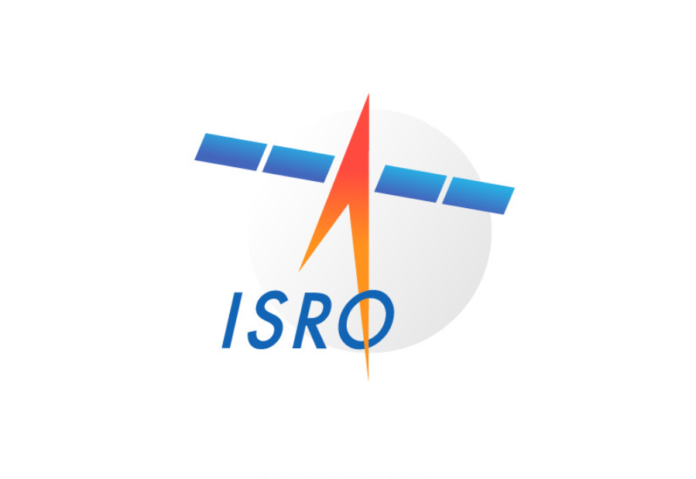Today’s (Tuesday’s) test of a flight equivalent 30 kN hybrid motor demonstrated ignition and sustained combustion for the intended duration of 15 seconds. The motor performance was satisfactory
Indian Space Research Organisation (ISRO) has announced the successful testing of a hybrid motor, breaching another technology feat. This may pave the way for a new propulsion system for the forthcoming launch vehicles.
According to Isro, the 30 kN hybrid motor tested at ISRO Propulsion Complex (IPRC) at Mahendragiri in Tamil Nadu is scalable and stackable, the space agency said. The test was supported by ISRO’s Liquid Propulsion Systems Centre (LPSC).
“The motor used Hydroxyl-terminated polybutadiene (HTPB) as fuel and liquid oxygen (LOX) as the oxidiser,” ISRO said, noting that, unlike solid-solid or liquid-liquid combinations, a hybrid motor uses solid fuel and liquid oxidiser.
“Today’s (Tuesday’s) test of a flight equivalent 30 kN hybrid motor demonstrated ignition and sustained combustion for the intended duration of 15 seconds. The motor performance was satisfactory,” an ISRO statement said.
Throttling is facilitated by the use of liquids and the re-start capability is enabled by the control over the flow rate of LOX, it was explained. While both HTPB and LOX are green, LOX is safer to handle, ISRO noted.
“The hybrid motor tested today (Tuesday) is scalable and stackable, potentially paving the way for a new propulsion system for the forthcoming launch vehicles.” ISRO said.
Also read: It is the best time to invest in technology and make it agile
Do Follow: CIO News LinkedIn Account | CIO News Facebook | CIO News Youtube | CIO News Twitter
About us:
CIO News, a proprietary of Mercadeo, produces award-winning content and resources for IT leaders across any industry through print articles and recorded video interviews on topics in the technology sector such as Digital Transformation, Artificial Intelligence (AI), Machine Learning (ML), Cloud, Robotics, Cyber-security, Data, Analytics, SOC, SASE, among other technology topics






